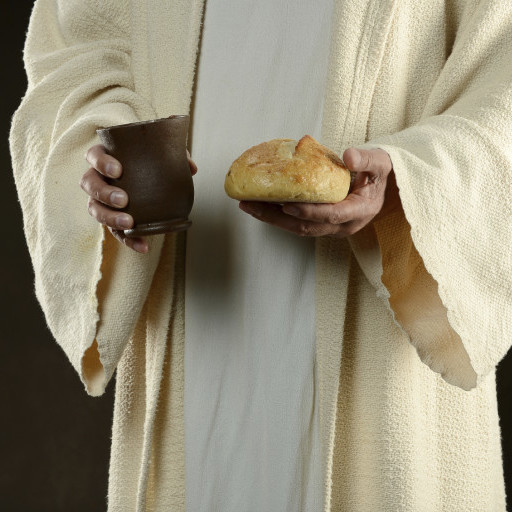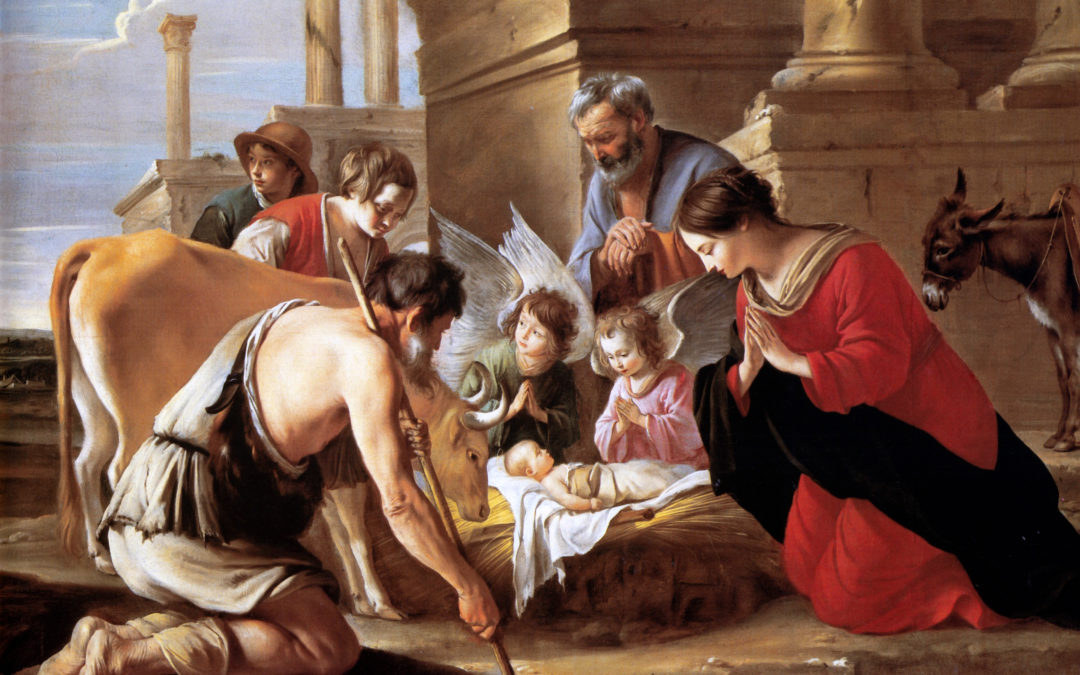“Reverence begins in a deep understanding of human limitations; from this grows the capacity to be in awe of whatever we believe lies outside our control—God, truth, justice, nature, even death. The capacity for awe, as it grows, brings with it the capacity for respecting fellow human beings, flaws and all.”[i]
“There is no peace on earth” the Christmas carol sings as an admission to our present fallen state, but through the awe of Christ’s birth as a humble baby, there is hope of “peace on earth, good will to men.” We live in an age of irreverence, so foreign to ancient cultures like Greece and Rome. Everything is mocked by modernists who think the cosmos is material, only what we can see with our faulty limited instrument eyes. The Greeks believed in the Kosmos which had seen and unseen (immaterial), but awe-inspiring powers of nature and Beings. Ken Wilbur speaks about this in Kosmic Consciousness.[ii]
When we sing “Oh Little Town of Bethlehem” or “Oh Come All Ye Faithful”, We are using the word, “Oh” to usher in reverence. A tenderness of heart swells up, like we have followed the Shepherds into the manager and stand in kneeling awe.
So also the prayers for the Lord’s Supper over the bread and water begin with the simple word, “O” followed by “God, the Eternal Father.”[iii]
We leave the irreverent world and enter a sacred place, a holy mountain, with the simplest of words in the dictionary, but with the greatest reverence for Our Lord and Savior, Jesus Christ.
[i] Woodruff, Paul, Reverence: Renewing a Forgotten Virtue, Oxford University Press, 2001, pg 3, ISBN 0-19-514778-2
[ii] Kosmic Consciousness. Sounds True Incorporated, 2003. ISBN 9781591791249
[iii] Doctrine and Covenants Section 20 verses 77, 79 copyright 1981, 2013 Intellectual Reserve, https://www.lds.org/scriptures/dc-testament/dc/20?lang=eng

